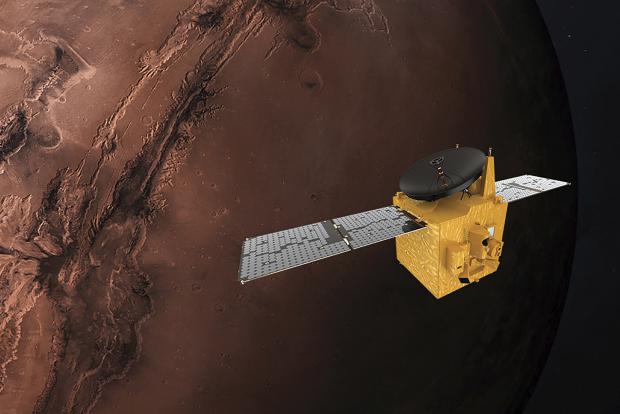
Breaking News
 Ron's Take: The US and Iran War
Ron's Take: The US and Iran War
 Kurdish Boots on the Ground with US/Israeli Air and Drones
Kurdish Boots on the Ground with US/Israeli Air and Drones
 Clinton Epstein Deposition Highlights: Ex-President & Secretary Of State Grilled On Ties...
Clinton Epstein Deposition Highlights: Ex-President & Secretary Of State Grilled On Ties...
Top Tech News
 US particle accelerators turn nuclear waste into electricity, cut radioactive life by 99.7%
US particle accelerators turn nuclear waste into electricity, cut radioactive life by 99.7%
 Blast Them: A Rutgers Scientist Uses Lasers to Kill Weeds
Blast Them: A Rutgers Scientist Uses Lasers to Kill Weeds
 H100 GPUs that cost $40,000 new are now selling for around $6,000 on eBay, an 85% drop.
H100 GPUs that cost $40,000 new are now selling for around $6,000 on eBay, an 85% drop.
 We finally know exactly why spider silk is stronger than steel.
We finally know exactly why spider silk is stronger than steel.
 She ran out of options at 12. Then her own cells came back to save her.
She ran out of options at 12. Then her own cells came back to save her.
 A cardiovascular revolution is silently unfolding in cardiac intervention labs.
A cardiovascular revolution is silently unfolding in cardiac intervention labs.
 DARPA chooses two to develop insect-size robots for complex jobs like disaster relief...
DARPA chooses two to develop insect-size robots for complex jobs like disaster relief...
 Multimaterial 3D printer builds fully functional electric motor from scratch in hours
Multimaterial 3D printer builds fully functional electric motor from scratch in hours
 WindRunner: The largest cargo aircraft ever to be built, capable of carrying six Chinooks
WindRunner: The largest cargo aircraft ever to be built, capable of carrying six Chinooks
Japan rocket carrying UAE Mars probe ready for Monday launch

The launch of the orbiter — named "Amal" in Arabic, or "Hope" — from Tanegashima Space Center on a small southern Japanese island was initially scheduled for this past Wednesday, but was delayed due to bad weather in the region.
Mitsubishi Heavy Industries, the provider of the H-IIA rocket, announced Sunday that the launch would proceed at 6:58 a.m. Monday (2158 GMT Sunday). The preparation has been completed, and the rocket is now on the launch pad, Mitsubishi said.
Hope is expected to reach Mars in February 2021, the year the UAE celebrates 50 years since its formation. A successful Hope mission would be a major step for this OPEC-member nation home to the skyscraper-studded tourist destination of Dubai. The Emirates have set ambitious plans for space, including pledging to build the first inhabitable human settlement on Mars by 2117.
While raising eyebrows with that goal, the UAE has successfully built a space program with local talent working out of the Mohammed bin Rashid Space Center in Dubai. The Hope probe was built here by a program cooperating with other nations to quickly reach out to the stars. The UAE already sent its first astronaut to space last year on an eight-day mission to the International Space Station.
"It sends a very strong message to the Arab youth that if the UAE is able to reach Mars in less than 50 years, they could do much more," Omran Sharaf, the project director of Emirates Mars Mission, told The Associated Press on Sunday as his colleagues prepared for the launch.

 Tulsi Gabbard Should Resign
Tulsi Gabbard Should Resign
 RNA Crop Spray: Should We Be Worried?
RNA Crop Spray: Should We Be Worried?

